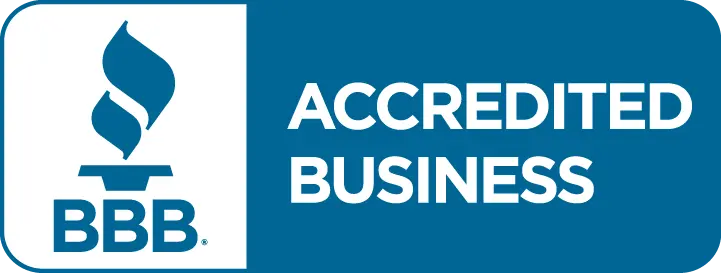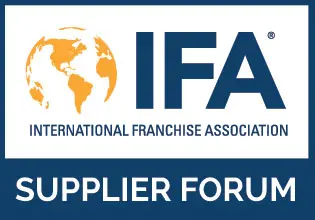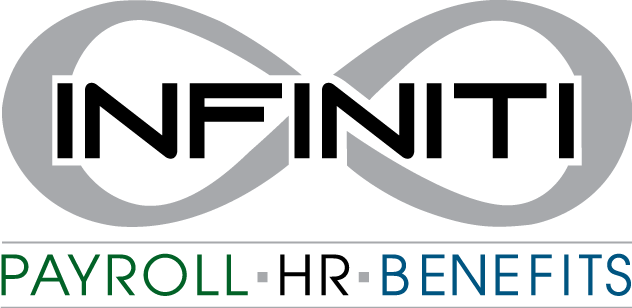Blog
Our blog offers important resources, helpful articles, and practical ideas on the human resources topics that matter to you.
Our blog offers important resources, helpful articles, and practical ideas on the human resources topics that matter to you.
Home / Media / Blog / Effective HR is More Than Enforcing Policies
In the world of company policies and procedures, the HR department is tasked with researching and interpreting federal and state labor laws to determine how these laws will affect the company. The HR department also assists in defining internal policies and procedures regarding attendance, employee conduct, corrective action, paid time off, dress codes, etc., that are created for managers and employees to follow in order to ensure business operation standards and compliance. After the policies and procedures are created, the HR department provides training and/or guidance to managers and employees on what is acceptable and unacceptable in accordance to these policies. Any time there is a breach in company policy, the HR department is consulted with the proper way to handle the breach, which typically results in referencing the company policy language. So, of course the HR department is seen as the policy police. The question is, how do HR departments get away from being labeled as the policy police?
As HR consultants, we often find ourselves directing clients to their employee handbook policy language when consulting on an employee relations issue. For example, a manager is unsure how to address a situation with an employee who calls in sick regularly. The manager seeks guidance from the HR department and is told to review the company’s attendance policy regarding excessive absences. Here are some of the questions the HR department asks the manager or employee:
As HR professionals, we are trained to ask all the right questions to determine what course of action to take but do we properly guide our managers to counsel their employees or do we refer them to the policy and how to discipline them?
What if we change the conversation we have with managers and employees? What if we provide our managers with the necessary tools to counsel employees in specific situations? In the example above, if the manager goes along with the company’s attendance policy and disciplines the employee for excessive absences, does it fix the situation? The answer is usually no. The employee will more than likely continue to call in sick from work until put on final written warning and then maybe the behavior will change. Don’t get me wrong, following the company’s policy is first and foremost. However, if the manager changes the content of the conversation with the employee to find out why the employee is absent all the time (without asking personal or medical information) and provide details of how the absences affect the company, the result may be different.
In addition to following company policy, the HR department should be training managers on the right questions to ask and how to counsel employees in order to correct unacceptable behaviors and performance. Below are some helpful conversations and questions for managers to ask:
During the conversation with the employee, the HR department should provide managers with guidance on how to counsel the employee for the breach in company policy or unacceptable behavior/performance. While it is important for the employee to be disciplined with a Verbal Warning or written warning for the excessive absences, the employee also needs to understand the effects the absences have on the company.
The conversation could go: “It is important that you understand the effects your absences have on the entire department and company. Here are some examples of how it the effects everyone:”
By changing the content of the conversation with the employee, the manager provides specific details of how the absences not only effect the employee but effect the entire company. As a result, the employee may have a better understanding of why it is important to be present to work and the behavior could be corrected without further action. Or maybe the manager determines the employee needs assistance with a personal situation or medical condition of which he/she was afraid to ask for or to disclose.
As I mentioned, it is very important for the HR department to develop and enforce company policies and procedures. However, it is even more important for the HR department to develop the tools and skills for managers and employees to understand why the policies are in place and what the results are if they aren’t followed. HR is more effective when proper counseling follows proper adherence to company policies and procedures. The HR department may be the policy police… it’s a tough job, but somebody has to do it.
Click the link to view the recent blog: Ditching the Annual Review or check back for more on human resources, payroll, insurance and benefits.
Join the INFINITI HR family! Subscribe to our newsletter and get the latest HR news and tips.
INFINITI HR helps companies reduce costs by managing human resource functions while allowing businesses to focus on their core operations that impact profitability. Our platform provides full regulatory compliance management, on-demand HR guidance, real-time payroll /tax filing, POS integration and access into industry leading True-Group master policies for workers’ compensation, employment practices liability insurance, and other operational business coverages.
Toll free: 866-552-6360






